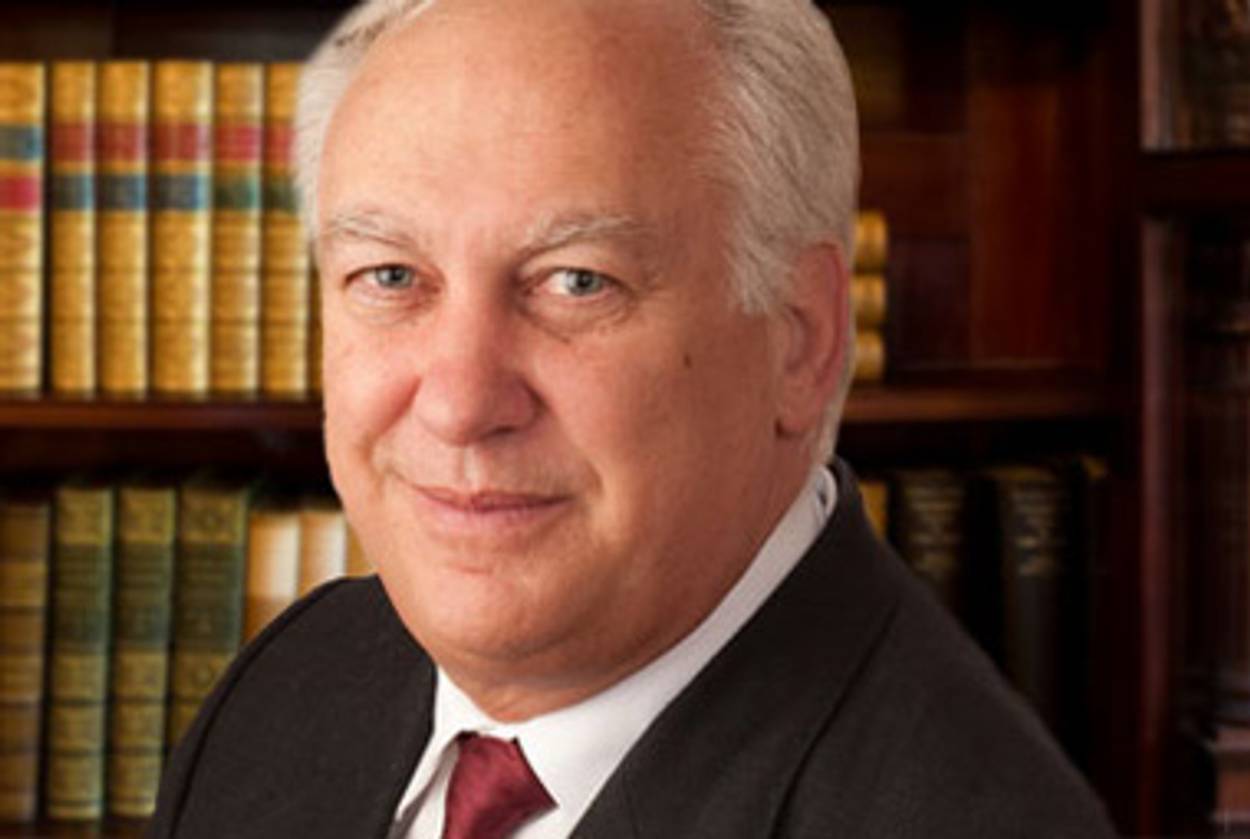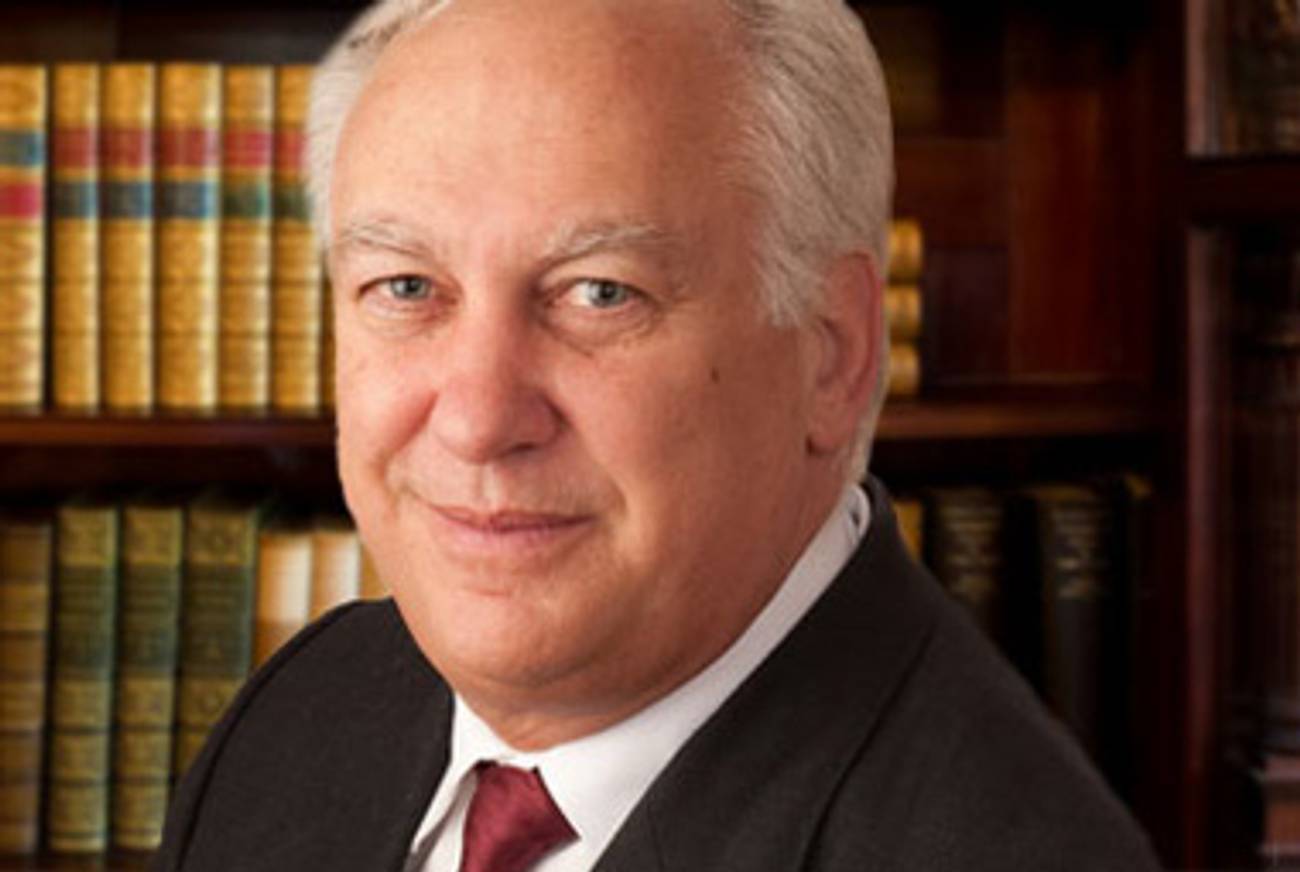Organ Donor Law Hits Orthodox Opposition
Controversial ‘presumed consent’ will have to go




Four years ago, Richard Brodsky, a Democratic Assemblyman from Westchester County, New York, abandoned his bid for state Attorney General after his ailing teenage daughter needed a kidney transplant. Last month, Brodsky (again trying to be New York’s top cop) stood with his daughter to announce his plan to significantly alter the state’s organ donor laws in a way that would dramatically increase the number of donors. But his proposal met swift opposition from several influential Orthodox organizations that, along with the Catholic League, are already working to squash the proposal.
Joined by representatives of the Orthodox communal organization Agudath Israel, Brodsky’s fellow Democrat, Dov Hikind, an Orthodox Assemblyman from Boro Park, Brooklyn, voiced his concerns to Brodsky in a congenial and productive discussion, according to both legislators. By meeting’s close, Brodsky made it clear that he would not push for the bill’s passage.
All the meeting participants, Hikind told Tablet Magazine, agreed that organ donation is “a huge mitzvah, a good deed.” The primary concern of the Orthodox community, he said, are “situations where the onus is put on the individual citizen.” And the bill’s proposal for “presumed consent” would do just that: Require a state resident who is opposed to being a donor to affirmatively indicate so, most commonly on a driver’s license. The legislation, Hikind said, “was tantamount to entrapment.”
For Brodsky, “presumed consent” is the point: It is a necessary step to reform and expedite the organ donation process. He cited the gap between those who are willing to donate, and those that are registered donors. The concern from the Orthodox community, Brodsky said, centered on the “opt-out” provision and its potential “unintended consequences.”
Presumed consent, a measure in place in 24 European countries but not the United States, has faced criticism over privacy and bioethical concerns. Add to that the dense religious and cultural baggage surrounding organ donation, particularly amongst Orthodox Jews in Brooklyn.
A central objection to the proposal, for Hikind, is the state’s intrusion into private lives. “I’m not talking about taxes,” he said solemnly, “but part of your body.” This mirrors the response from the Catholic League, a large opponent of the measure, along with the Rabbinical Alliance of America and the National Council of Young Israel. In a staunch statement of support for Hikind, Catholic League President Bill Donohue wrote: “The state does not have a lien on our bodies.”
Hikind also shared his worry with another portion of the proposal, one which would wipe away the right of next of kin to determine donor status. “Everyone close to this person would have absolutely no input,” he cautioned, “which is quite incredible.” For him, the solution is further education on organ donation in the Orthodox community (since most organ donation is Halakhically okay), rather than a blanket law.
Brodsky, however, is not surrendering his cause. He plans to work with leaders from Agudath Israel to craft new legislation; their objections, he said, were “all perfectly reasonable things that the legislative proposal needs to consider.” He mentioned modeling the proposal after Israel’s organ donation laws. Of course, those laws are not without their complications. And Israel’s proposal to compensate donor’s families is unimaginable in a state like New York, with its dire budget problems.
Still, both lawmakers seemed positive about the odds of arriving at a consensus to move the efforts forward. Brodsky is committed to protecting the rights of those who prefer not to donate. But he also wants organ donations to increase. It is, he said, “a moral imperative in the Jewish community.”
N.Y. Lawmaker Wants Presumed Organ Donation Consent [NYDN]
Earlier: Israel’s New Organ Donor Policies
Mark Bergen is a journalist based in Bangalore. His Twitter feed is @mhbergen.